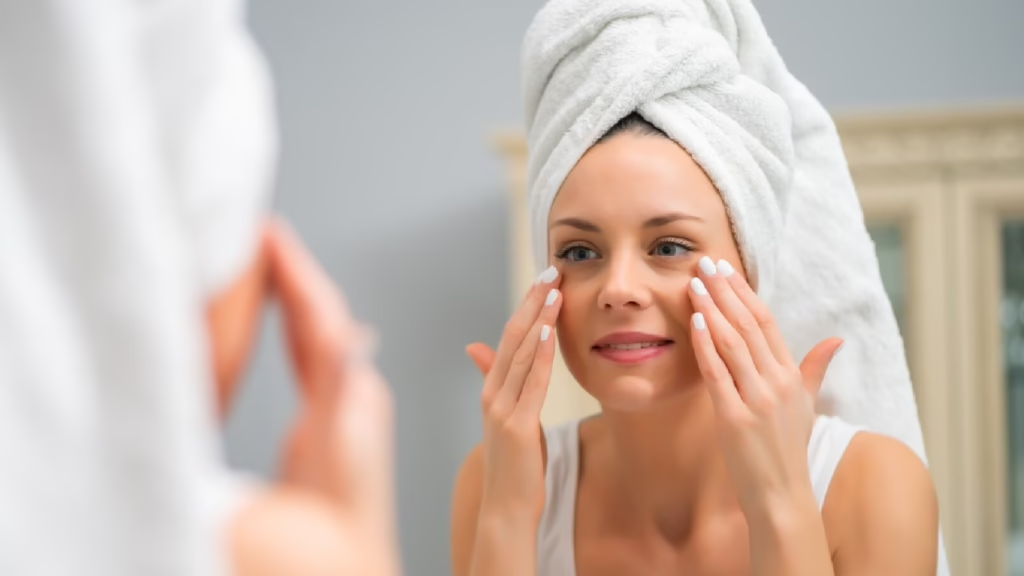
Let’s talk about getting older, but don’t worry! Emily and Sarah are two friends who are both in their early 40s. Emily regularly puts on sunscreen, drinks lots of water, and eats foods high in vitamins. Sarah, on the other hand, likes to lay out in the sun, doesn’t care about skincare, and only drinks coffee.
Ten years later, Emily is still brilliant, but Sarah is confused about why her fine lines suddenly seem to be worsening. Science says that the things you do every day are crucial.
Your skin is the largest organ in your body. How you take care of it now will decide how it looks and works in the future.
If I had to pick only one skincare product for a lifetime, sunscreen would be it. UV radiation causes up to 80% of apparent skin aging, including wrinkles, dark patches, and loss of elasticity. Here’s what you should know:
There Is No Negotiable Daily SPF: UV rays never stop, not even in winter or on hazy days. Every morning use a broad-spectrum SPF 30 or higher.
Reapplication Is Absolutely Vital: One-and-done isn’t enough; if you’re outside, reapply every two hours.
Sunscreens, Physical and Chemical: Both types of sunscreen serve the same purpose, but physical sunscreens such as zinc oxide and titanium dioxide tend to be more gentle on sensitive skin.
For evidence, studies reveal that regular sunscreen users show 24% less aging than non-users, science cannot lie!

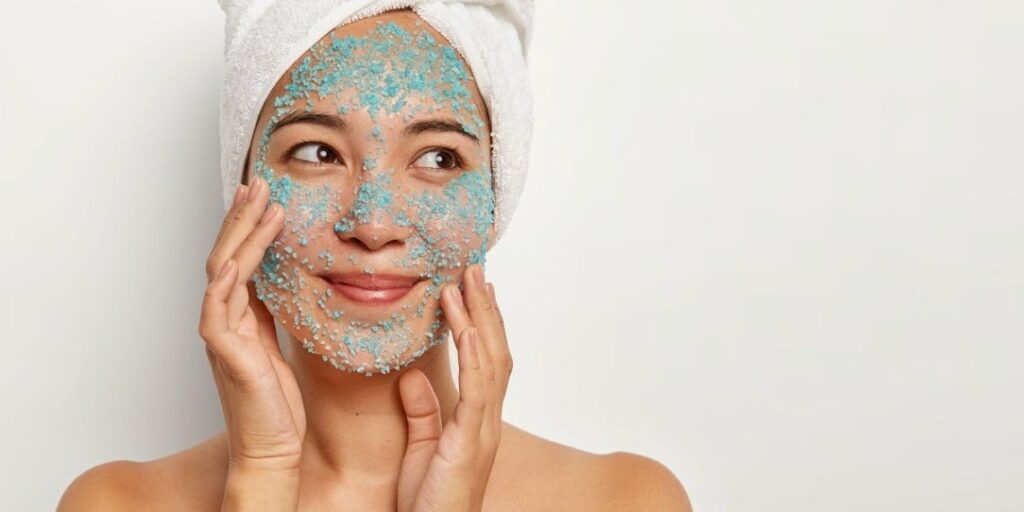
This is good news. For good skin care, you only need a good method based on science. You don’t need expensive medicines or a time machine. Let me break it down for you here.
While drinking water is vital, actual skin hydration occurs at several layers. Your skin barrier must retain water; else, it seems dull and more likely to show fine lines. Here’s how to keep it young and pliable:
Acids And Fatty Ceramides: The “cement” maintaining your skin barrier. Search for long-lasting hydration in moisturizers, including ceramides.
Avoid Using Strong Cleaners: Using sulfates or overwashing your skin will rob it of vital oils, which causes dehydration.
Fun Fact: Well-hydrated skin looks more radiant right away because it better reflects light. Science and vanity win together!
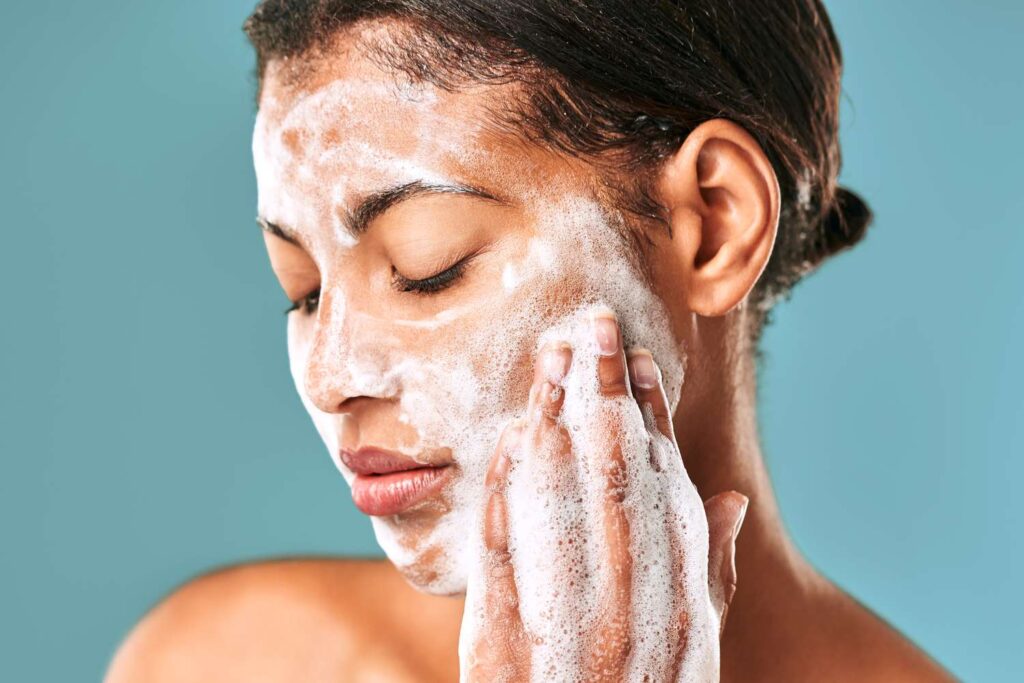
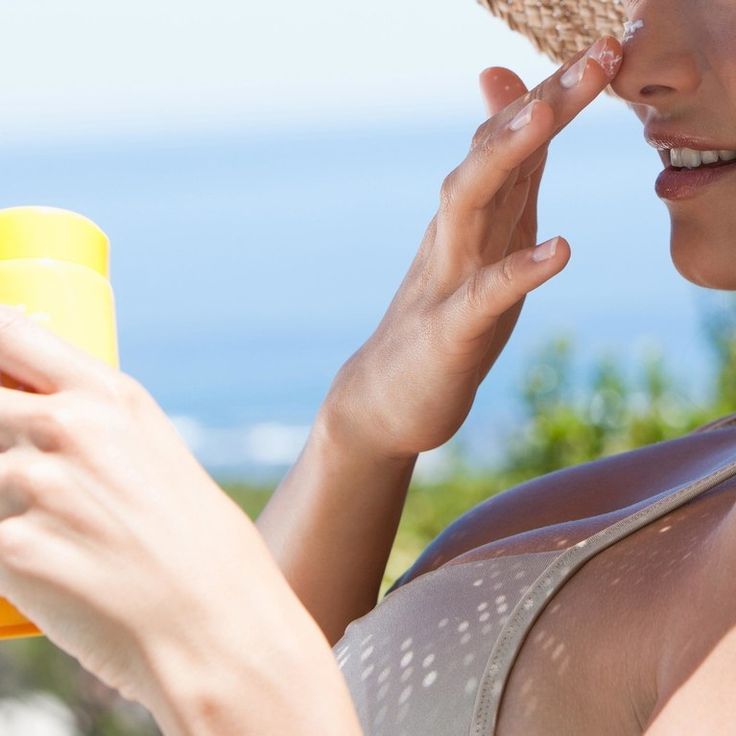
Retinoids are the closest we have to a bottle of youth. These substances, made from vitamin A, accelerate cell turnover, increase collagen synthesis, and help reduce wrinkles. You should know as follows:
A study published in JAMA Dermatology found that retinoid users had noticeably younger-looking, smoother skin over time. It’s biochemistry, not magic.
If you are working too hard, your face will let you know. Stress and insufficient sleep raise cortisol, a hormone that breaks down collagen and makes skin look dull and tired. These fix it:
A 2017 study in Clinical and Experimental Dermatology found that people who got enough sleep had 30% more skin barrier than people who didn’t. It’s possible to get excellent sleep!
Your diet significantly influences the aging of your skin. Some minerals fight oxidative stress, which speeds up aging. Your grocery list for a glow-up follows:
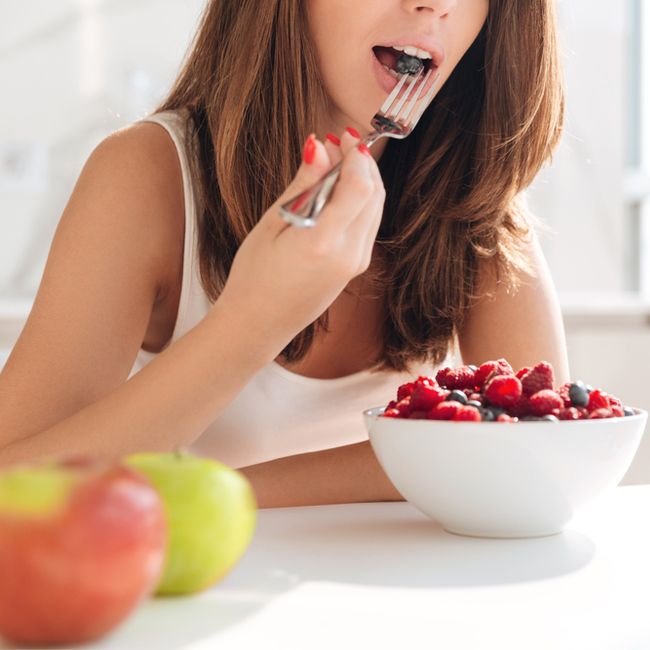
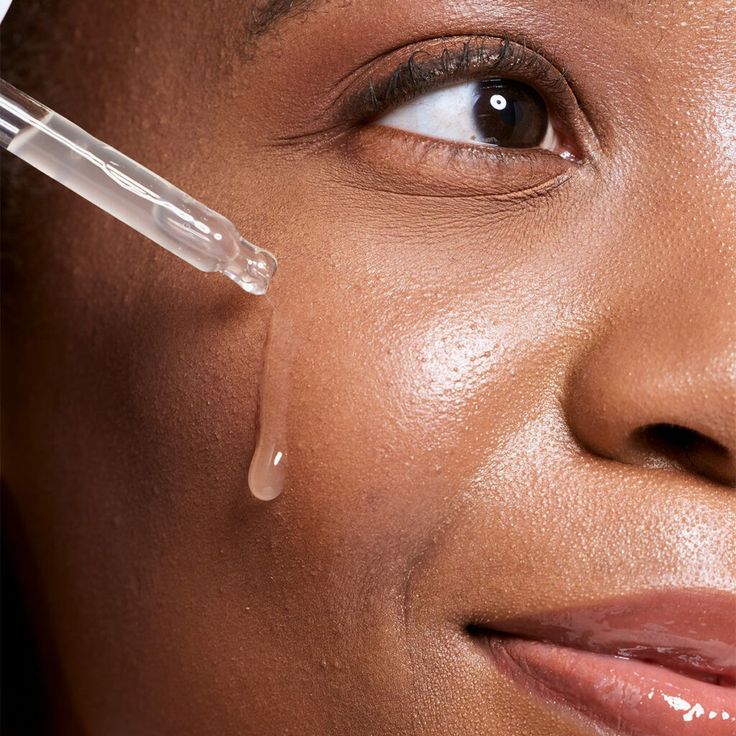
Science is always changing; hence, the direction of skincare is interesting. Here are some innovations that are revolutionizing the field:
Skincare With Peptides: Peptides are small proteins that tell your skin cells to generate more collagen. Think of them as personal coaches for your skin cells.
Using cell-derived vesicles, exosome treatment increases suppleness and stimulates skin regeneration.
Skincade Driven By Artificial Intelligence: Customized skin care based on genetic analysis is starting to take shape, matching treatments to your own DNA.
The best thing is that these developments are becoming increasingly available; hence, modern skin care is not only for dermatologists and celebrities.
Exercise profoundly affects your skin, not only your muscles and heart. Frequent physical activity helps skin cells get important nutrients by improving circulation and oxygenation. Your complexion gains from this in several ways.
Trillions of bacteria, fungi, and other creatures call your skin home in its microbiome. While disturbances could cause acne, irritation, and early aging, a balanced microbiome maintains the health of your skin. Here’s how to assist it:
Maintaining a healthy skin microbiota can help lower inflammation and increase resistance to environmental pressures.
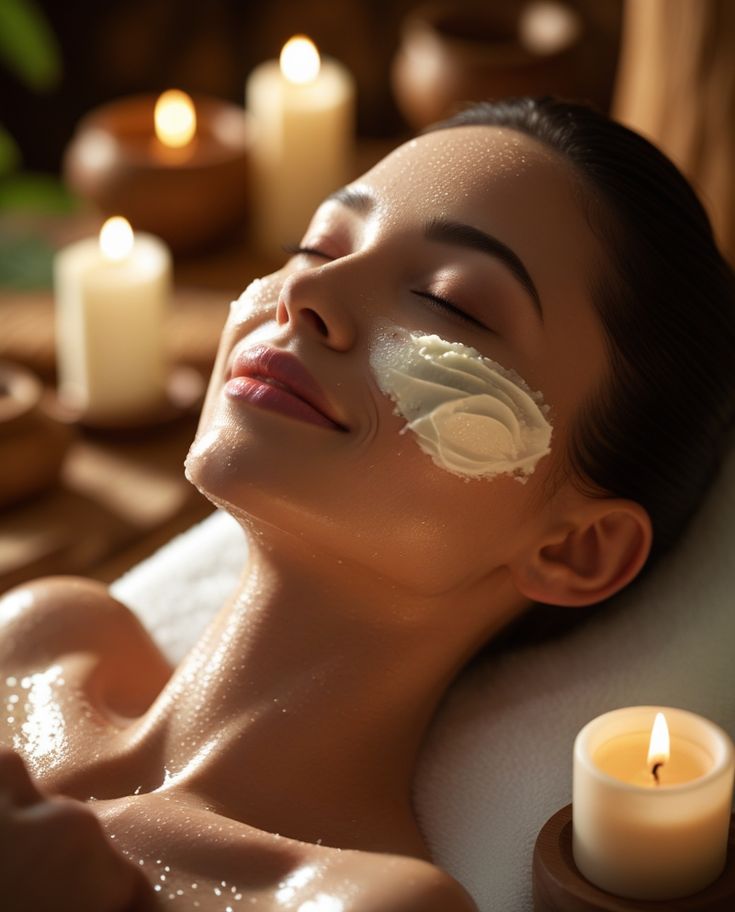
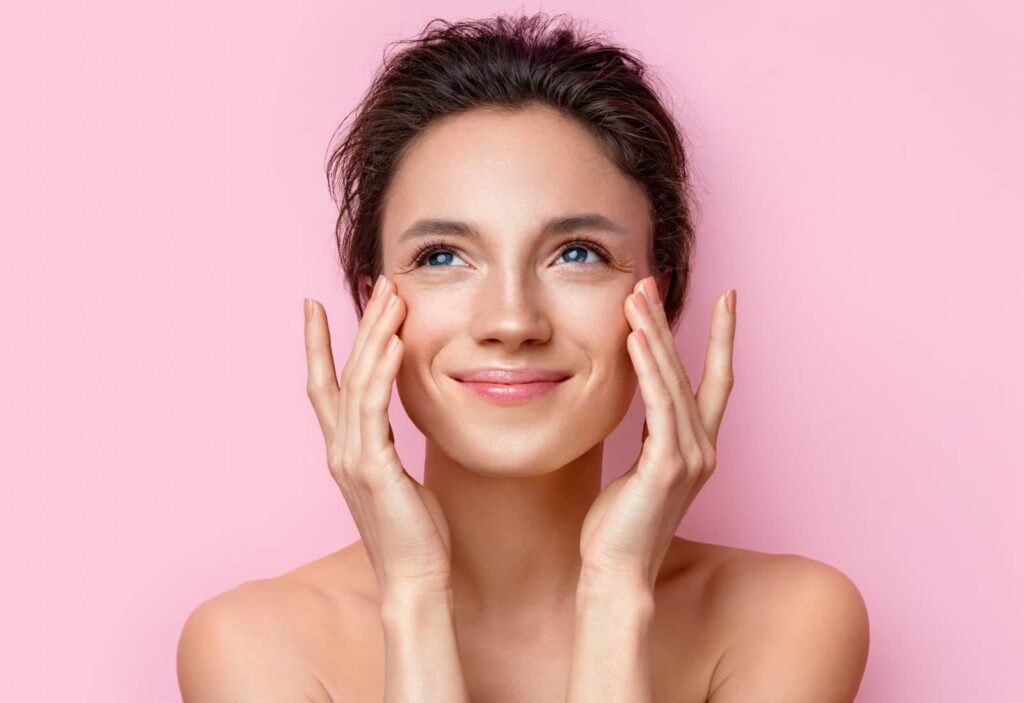
Though it is unavoidable, your aging will be unique. Retinoids, sunscreen, hydration, a balanced diet, good sleep, and scientifically supported innovations help you to maintain vibrant skin at any age. Consider it an investment in your future self since excellent skin is about looking healthy and radiant at all phases of life, not about looking young.
Thus, know that each time you grab that sunscreen or sip a green tea, you are gently but powerfully moving toward longevity. Here is perfect skin supported by data!